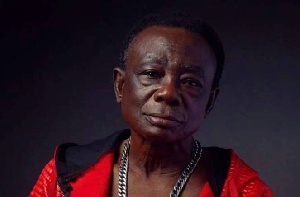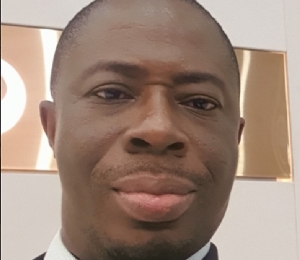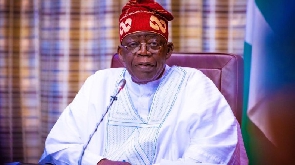International Youth Day is celebrated annually on August 12.
Thus, Monday was International Youth Day 2024.
It is very apt that the Day was established by the United Nations (UN) in 1998 to draw attention to issues young people face as well as celebrate their potential in today’s global society.
The youth constitute a diverse group.
It is said that the operational definition and nuances of the term ‘youth’ vary from country to country, depending on relative sociocultural, institutional, economic, and political factors.
For instance, in Ghana, per its National Youth Policy, the youth bracket comprises people aged 15 to 35 years.
However, it is accepted that youth everywhere have some unique characteristics that cannot be discounted in nation-building.
They are young people with a wide range of backgrounds, experiences, and perspectives, including being energetic, creative, open-minded, and enthusiastic about whatever they do.
These are people who would grow to play pivotal roles in various sectors of the economy or society, so it would be better today if they had the opportunity to hone their talents for the benefit of themselves and the country now and forever.
If the right environment exists in countries, even people younger than the age bracket Ghana considers the youth group, and those within it who are relatively young, can be of benefit to society through the use of their creative abilities.
For instance, history has it that people such as Gitanjali Rao from Denver, Colorado, and Benjamin Franklin, who grew to be an accomplished thinker, scientist, and inventor, both at 11, Emma Yang, and George Nissen, a high school gymnast from Iowa.
There may be similar innovations by the youth even in Africa, except that they are yet to be recorded or presented on the global stage, yet it is not in doubt that the youth play significant roles in nation-building.
However, the youth today, particularly those in Africa, face numerous challenges, including lack of employment opportunities, failure to succeed in the education system, family problems, substance abuse, the pressures of materialism, poverty, a lack of affordable housing, negative stereotyping, and crime.
These problems may not be new, but compared to the times of old, they have become so pronounced today that a good number of the youth do not care about any lifestyle that helps them to survive, especially when there is no help coming from anywhere.
And especially in terms of lack of employment opportunities, poverty, and the pressures of materialism, the youth are employing every means to make a living.
Some of them are, for instance, involved in criminal and illegal activities such as armed robbery, cybercrime, and illegal mining (galamsey), obviously because the devil finds jobs for idle hands.
It is sad that some adults who should know better would rather give these bad people a tacit push to perpetuate their bad ways of life.
Imagine a chief telling the whole world that so long as there are no employment opportunities for the youth in his jurisdiction, they have the right to continue engaging in galamsey.
Meanwhile, the state is spending huge sums fighting galamsey.
What this means is that the challenges facing the youth are creating other problems.
Therefore, it is incumbent on the government to prioritise addressing youth problems in order to eradicate the challenges their precarious situations create for the whole country.
Editorial News of Wednesday, 14 August 2024
Source: ghanaiantimes.com.gh
Editorial by Ghanaian Times: Prioritise addressing challenges facing youth!
Entertainment

‘Mahama has been taking care of me' – JA Adofo opens up
Opinions










